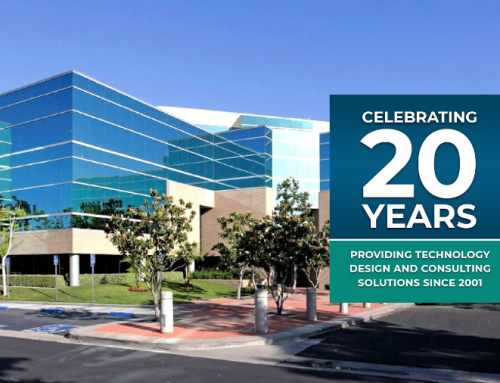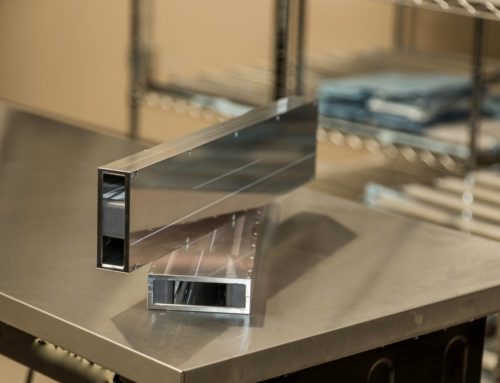Against The One Size Fits All Approach to Data Center Commissioning
Commissioning efforts and results for data centers and critical facilities vary widely, from glorified vendor startups billed as complete commissioning to a small army of technicians checking off boilerplate “one size fits all” forms, who have little understanding about how the equipment they are inspecting and commissioning actually operates, let alone how it is most likely to fail.
This lack of understanding often extends to original equipment manufacturer (OEM) vendor service technicians, and even more so to third party service technicians. Furthermore, commissioning reports often tell an incomplete story, failing to articulate in summary and in organized detail what exactly was tested, how it was tested, when it was tested and how it performed.
A better approach would be to take a very site-specific customized process to commissioning. This entails taking the time to thoroughly understand the design intent (owner requirements), the actual design, the actual installed equipment and systems, and any customization or other peculiarities of a specific jobsite. It’s known that interfaces between differing equipment and vendors is the area where many problems occur. Vendors generally do a good job of getting their own equipment working, and also performing operator training for their sub-systems. After all, they have a warranty to protect. However many field technicians are too focused on “inside the box” individual component performance, to the point of attempting to prove specifications that are not relevant to the project. Much time and precious resources can be wasted on minutia. However, often no one is taking a look at the big picture, how all the sub-systems need to work together.
Site-Specific Customized Process To Commissioning
At PlanNet, our data center commissioning process lets trades and vendors do their jobs, with oversight, then we manage and document the overall integrated system performance in accordance with client requirements.
PlanNet develops a high-level data center commissioning plan to review with stakeholders. The plan summarizes, in as plain English as possible, what will be tested, how it will be tested, when it will be tested, schedule dependencies and participant responsibilities. Once the plan is approved PlanNet develops site-specific, step-by step test procedures with a timeline. PlanNet schedules participants including test technicians, trades and vendors. Then we manage onsite testing, beginning each day with a safety meeting. Daily activities, progress and issues are documented and transmitted. PlanNet develops a commissioning punch list and drives towards resolution of all issues. Then we issue a final commissioning report including an executive summary, as-tested procedures with results, recorded test data, issues, resolutions and recommendations. Although this is a proven, repeatable process we customize it per client requirements or in collaboration with other service providers.
Many data center commissioning efforts are not thorough, or emphasis is misplaced. Testing critical cooling, power and life-safety support systems should include normal operation as well as every alternate automatic and maintenance bypass mechanism. Failover systems need to be understood and validated at load levels ranging from very light load to full nameplate and/or design load. Equipment does not need to be destructively tested up to its breaking point. But it does need to be operated under test loads before it is supporting live equipment such that it is proven to operate correctly in all its intended modes. PlanNet maintains a roster of partners for areas where we don’t have the required expertise in-house, such as for control systems, circuit breaker injection or central plant testing.
Often without proper commissioning a critical facility will operate effectively, for a period of time. But when a redundant function is required, or a failover system must perform, or when a component must be bypassed for maintenance, this is when inherent design, equipment or installation problems can surface. Sometimes year’s later, well beyond warranties and payment withholdings. Not forgetting to mention when critical loads need to be supported without undue risk or shutdown during maintenance.
PlanNet occasionally performs retro-commissioning of facilities under operation to root out latent problems. Simply getting design drawings updated following construction to include as-built changes is often overlooked without a proper commissioning process. And operators are often sent into the battle field unprepared, handed far from comprehensive procedures and needing to learn on the job without effective training.
PlanNet can manage the entire commissioning process or pitch in where needed. PlanNet can provide and operate test equipment and provide trade labor as needed. Test equipment typically includes load banks, power quality meters, infra-red thermal scan cameras, ground integrity testers and breaker test kits.
To find out how to get your data center equipment operating correctly, contact PlanNet today for a customized and site-specific approach to data center commissioning.






